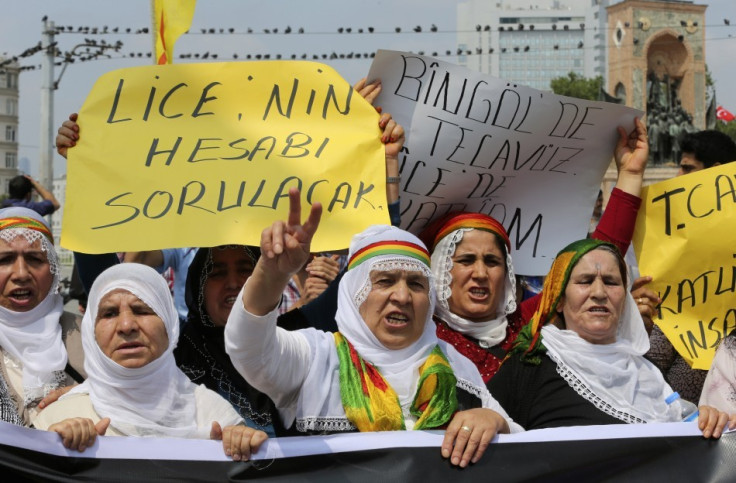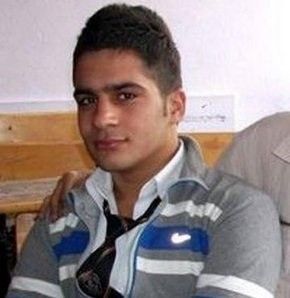Turkey's Killing of Kurds Goes on [BLOG]
Death of a Kurdish teenager during protests against construction of army post in village of Lice is latest in long line of state abuses

With an estimated population of 50 million in Iran, Iraq, Syria and Turkey, Kurds are the largest ethnic group in the Middle East without their own country. In all these countries except Iran, Kurds form the second largest ethnic community.
The total population of Kurds is equivalent to more than the entire population of Iraq and of Syria and is several times the number of Palestinians. But apart from the Kurdistan Regional Government in Iraq they have no recognised political status.
In the meantime, persecuting, torturing and killing Kurds has almost become a hobby for the states that rule over them.
Kurdish villages, districts and provinces in Turkey have witnessed numerous human rights violations, including disappearances and deaths in detention, by the Turkish security forces for 20 years. During the 1990s, scores of Turkish villages were razed and residents forcibly evacuated.
Around 4-4.5 million Kurdish people were displaced and left homeless in the 1990s, with 3,438 Kurdish villages evacuated by Turkish soldiers, according to the Migrants' Association for Social Cooperation and Culture.
The Lice district of Diyarbakır was one of the districts exposed to unlawful and violent forced evacuation.
Lice was destroyed in October 1993. Security forces surrounded the district with helicopters, while armoured vehicles and troops set fire to the crops, orchards, forests and livestock of the residents. They burnt down houses and abused and tortured the residents before throwing them out of their former homes.
It was barely one year later that security forces returned for another forced clearance. From 1990-95, the population of the district halved from 47,000 to 24,000.
The aim of evacuating Kurdish villages and districts was to disperse the indigenous population to western cities and change the demographics. The programme prevented Kurds from being the majority in their homeland so they could not claim the right to self-determination.
"Justice for the crimes of the 1990s is an important element to resolve the Kurdish issue," said Emma Sinclair-Webb, senior Turkey researcher at Human Rights Watch.

But Ankara continues to commit new crimes against Kurds even today and refuses to apologise for the ones of the past.
Two months ago, the AKP (Justice and Development Party) government asserted that it would start a process to solve the "Kurdish issue" but no details have been revealed. The only concrete step the government seems to have taken is to build more military outposts and prisons.
In June, construction work started on another military outpost in Lice and villagers staged a march in protest. The village does not have a water supply, a sewerage system or a post office but it already has two military guard posts and a radar station.
Protesters carried banners proclaiming: "We want peace, not war." Women shouted: "We don't want military outposts, we want peace."
The Turkish security forces did not listen. Instead, they opened fire on villagers, killing 18-year-old Medeni Yıldırım and wounding nine people.
Medeni was the nephew of Adnan Yıldırım, a Kurdish businessman who was killed by security forces 19 years ago in the same village.
Villagers opposed the construction of more security posts because they have been at the centre of torture and death for years, they said.
But Prime Minister Recep Tayyip Erdoğan disagreed. He said: "We are the state. Of course, we will build military outposts." In the Kurdish province of Dersim alone, 38 military outposts will be built.
This issue, which has cost thousands of lives in Turkey, is called the Kurdish issue but it does not stem from the Kurdish people. The real source of this problem is the racist structure of the Turkish state which considers the lives of Kurds less valuable than the lives of other people.
The AKP government and its leader fail to understand this crucial fact. Military outposts and prisons are the last things the Kurdish people need.
Uzay Bulut is a freelance journalist based in Ankara
© Copyright IBTimes 2024. All rights reserved.






















